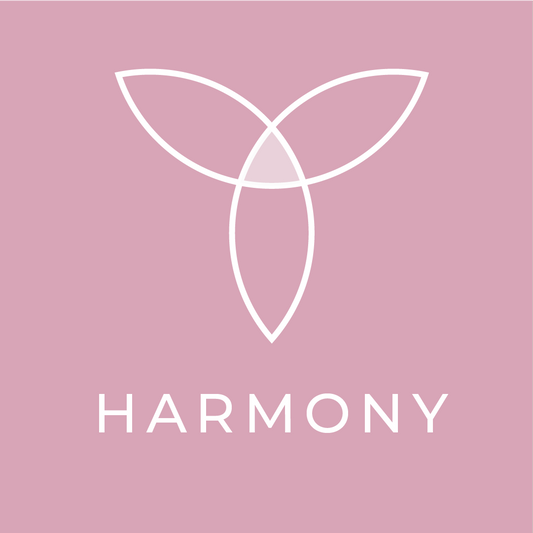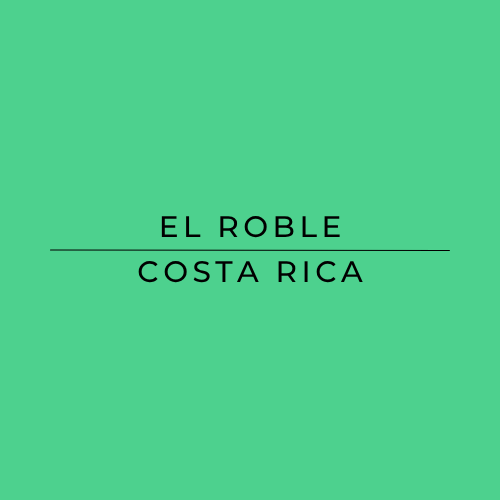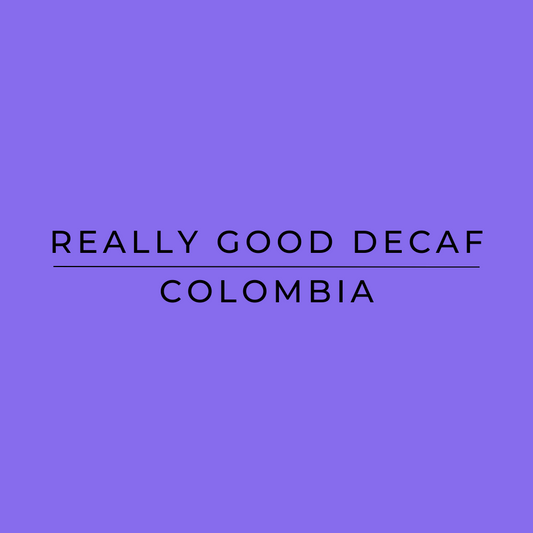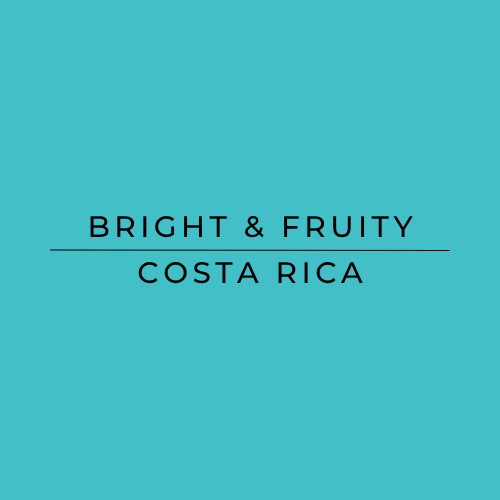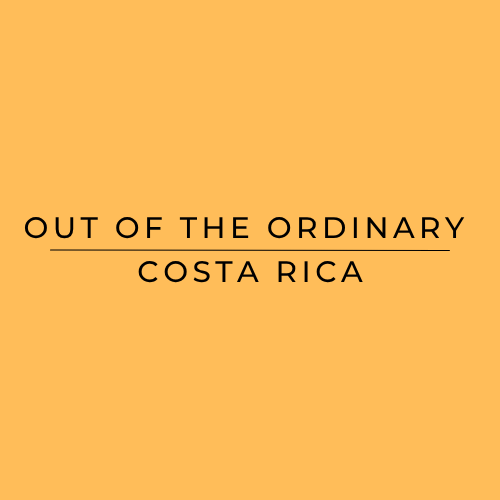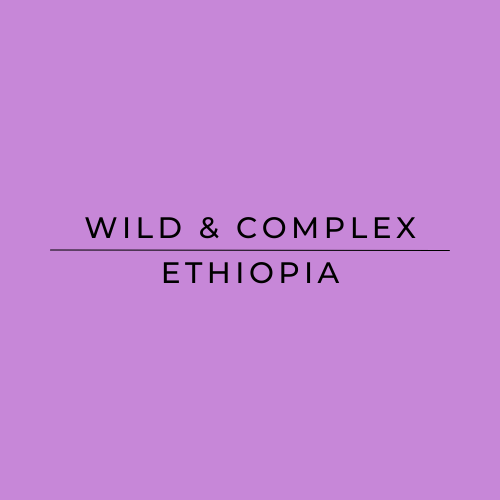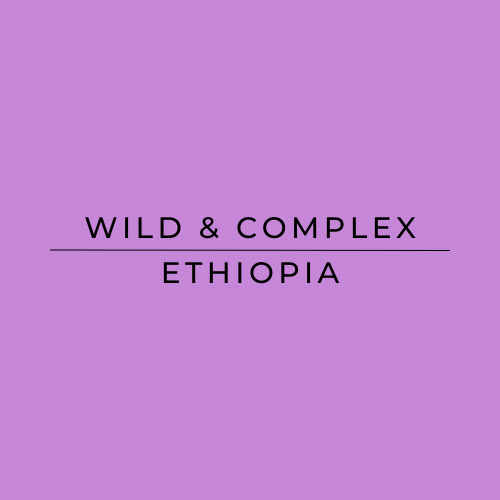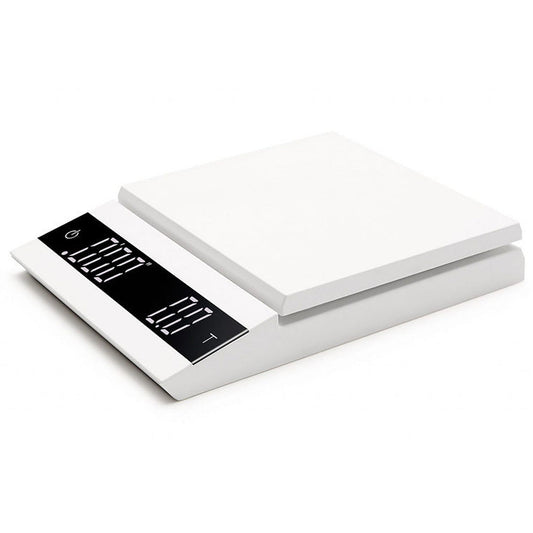Contracting New Coffees
Not our usual blog format today, but I'm thrilled to announce that after a conversation on the phone today between myself, Kar Yee and Stewart from Karst Organics (our coffee partners on the ground in East Timor), we have contracted a new load of incredible coffees from the farmers of the Hatuhei and Eratoi collectives.
We've selected two washed lots this year, which will find their way onto the offer list around February, once the coffee lands here in the UK - and we can't wait to share it with you!
The importance of partnership
This is the fourth season in a row that we have worked with Kar Yee, Stewart, Carlos, Maun Simao and the team over in East Timor. It's a humbling experience to see how much our volumes together have grown. Although Karst Organics are only a few years older than us, we have watched each other grow and grow, expanding the amount of coffee that we are ordering from the collectives yet again in 2026.
- In 2022, we contracted 30kg of coffee, which at the time, was a lot for us!
- In 2023, we increased our purchasing commitments to 150kg.
- In 2024, we increased our purchasing commitments to 490kg.
- In 2025, we bought an incredible 50 sacks of coffee, 1500kg!
- And now, as we move into 2026, we are once again partnering with Karst Organics to purchase a whopping 100 sacks of coffee - 3000kg!
Although we (Harmony) are a small fish in a big pond, it's been amazing to grow together with Karst Organics and work together to fill containers. We have become one of their larger customers, despite our size - meaning that this year, we'll be planting over 330 trees together to replenish indigenous forests with Karst.
Intercropping & Shade Trees
In partnership with Karst Organics we’re supporting a coffee and forestry model in East Timor where every hectare of new or rehabilitated farm is planted with about 200 leguminous shade trees, primarily Casuarina.
These trees do three key jobs:
- They deliver the cool, protective canopy that the coffee plants need.
- They fix nitrogen in the soil (because of their leguminous nature) so the nutrients cycle naturally.
- They give farmers the opportunity to intercrop other staples (yam, arrow-root, bananas, mangoes) in the early years — which helps diversify income and build soil health.
In essence, the coffee plants don’t sit in isolation: the forest and the understory crops all work together as a system. According to Karst, this kind of agro-forestry approach means that when properly established it takes around 9 years from planting the shade tree seedling through to the first full-harvestable coffee cherries.
Replenishment & Rehabilitation
It’s not just new farms: Karst are also actively working with partner farmers whose older coffee trees have become unproductive (often having grown too tall, too uncontrolled, or planted during times of low maintenance).
Some key elements of the rehabilitation work include:
- Replacing or pruning older coffee trees so that the lower branches can fruit more effectively. Untended trees sometimes reach 3m high, with lower parts producing little.
- Where land is unused, assisting farmers to establish fresh coffee forests, including the shade-tree framework and inter-cropping as above.
- For each 10kg of green beans purchased, Karst pledges the planting of one seedling (shade or coffee tree) in their nursery in Letefoho, prioritising households most in need.
These efforts ensure that not only are we contracting coffee for today, but we are investing in the landscape and the livelihoods of the farmers in a sustainable way. You can read more about this work on our dedicated partnership page here.
We're incredibly proud to continue our partnership with Karst Organics, and purchase more coffee than ever, supporting rural farmers, having a positive agroforestry impact, and the livelihoods of many young families.
Take your brewing game to the next level?
Espresso lovers can also find our guide on the Best Coffee Tampers here.
Filter coffee lovers can find our guide on the Best Pourover Filter coffee recipes here.
Find some of the best free tools to accompany your brews here.
Find your perfect coffee from Harmony's selection of coffee beans here.
Check out our guide on resting coffee to get the most out of your brews here.
Find the Best Filter Coffee Grinders For Home here.
Learn about why RDT reduces static in coffee grinding here.
Love what we do here?
Consider a Harmony coffee subscription for your home or office!
FAQ – Karst Organics & Harmony Coffee Partnership
Where does the coffee come from?
Our coffee is grown in the Letefoho region of East Timor, where smallholder families farm on small plots of land, using organic and low-input methods.
Why plant shade trees?
Shade trees protect coffee from heat stress, enrich the soil with nitrogen, stabilise the ecosystem and create space for other food crops – leading to healthier farms and better-quality coffee.
How many trees are being planted?
This year alone, over 330 trees will be planted as part of our partnership with Karst Organics, contributing to indigenous forest regeneration.
What is intercropping?
Intercropping means planting food crops like banana, yam or mango alongside coffee, improving soil health and providing extra food and income for farming families.
How does purchasing coffee help the farmers?
Fair pay, long-term contracts and guaranteed volumes allow farmers to invest in their farms, plant shade trees and rehabilitate older plots that are no longer productive.
Learn more about Karst Organics’ work in East Timor at karstorganics.com.



